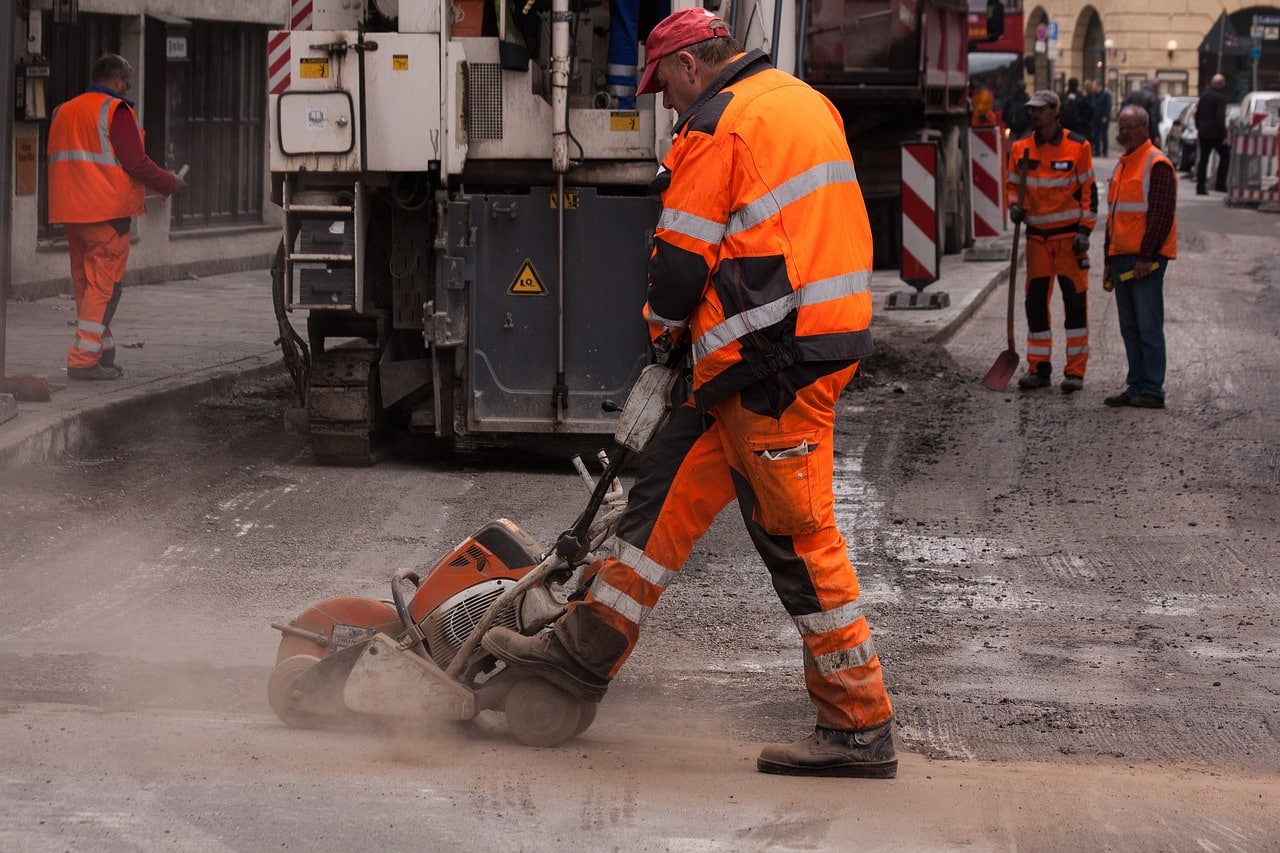Most people know that loud noise exposure can harm hearing, but fewer realize it can also impact general health, including blood pressure. Research reveals a connection between ongoing loud noise exposure and high blood pressure, or hypertension, a condition that can lead to health issues if left unchecked.
Understanding Hypertension

Hypertension is a condition where the force of blood against the walls of arteries remains consistently high. It typically presents no clear symptoms but is a leading cause of heart disease, stroke and other life-threatening conditions. Although high blood pressure has many causes, environmental stressors like chronic noise exposure are now recognized as substantial risk factors.
When the body encounters loud noises, such as construction sounds, heavy traffic or blasting music at Missoula Music, it initiates a stress response. This response releases hormones like adrenaline and cortisol, which constrict blood vessels and temporarily elevate blood pressure.
While a single loud noise may cause only a fleeting rise in blood pressure, prolonged or repeated exposure can contribute to long-term hypertension.
The Risks of Prolonged Noise Exposure
Workplaces where loud noise is unavoidable, such as factories, airports and construction sites, pose a risk to workers’ health. In these environments, people are often exposed to noise levels that can damage hearing and increase blood pressure over time, especially if protective measures like earplugs or noise-canceling devices are neglected.
Studies indicate that workers regularly exposed to high noise levels are more likely to develop hypertension than those in quieter settings.
Noise pollution is also a concern in everyday life outside of work. Nighttime noise is particularly problematic as it can disrupt sleep, leading to fatigue and heightened stress.
Continuous noise, even at lower volumes, can interfere with natural sleep cycles, preventing the body from fully unwinding and adding strain to the cardiovascular system.
Tips for Protecting Against Noise-Related Hypertension
Taking steps to limit exposure to loud sounds can play an essential role in reducing hypertension risk. Simple actions like wearing earplugs in noisy settings, using noise-canceling headphones and limiting exposure to high-volume music can help safeguard your cardiovascular health.
For those who live or work in persistently loud environments, regular blood pressure checks are recommended, as they can help detect and address early signs of hypertension.
The effects of loud noise are not limited to hearing loss; they also have a direct impact on heart health, with a particular link to high blood pressure. Awareness of environmental factors like noise is crucial for overall well-being, and proactive measures can make a significant difference in protecting long-term health.
To learn more about managing hearing loss, contact Western Montana Hearing and Speech to schedule a consultation today.